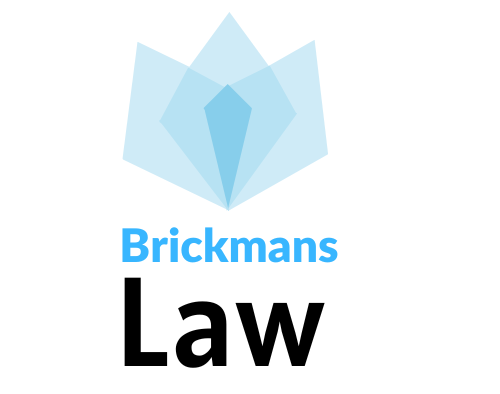The South African Cybercrimes Act: a tool to prevent civil unrest
By Michael Shackleton LLB, LLM
Partner, Shackleton and Mohapi Attorneys
Member of the Gauteng Provincial Legislature
Former Member of the South African Parliament
The residents of South Africa are living in fear of their lives and businesses, particularly in Gauteng and KwaZulu-Natal (KZN), following the recent social unrest, looting and violence experienced in their communities, which claimed 337 lives. Civil unrest occurred in these provinces from 9 to 18 July 2021, sparked by the imprisonment of former President Jacob Zuma for contempt of court. The scale of the violence is widely regarded as the worst that the country has seen since the dawn of our nascent Constitutional democracy.
South Africans are desperate to know whether they are safe, or if the violence will resume. Investors are also scared to invest in township economies following the looting and destruction of malls, shopping centres, warehouses, and factories.
On an almost daily basis, citizens see and hear rumours on numerous social media platforms of future stages of violence – termed an “insurrection” by President Cyril Ramaphosa. Many instigators of the violence are known to South Africans on Facebook, Twitter and TikTok, and the Cybercrimes Act is a tool ready at the government’s disposal to bring these people to book, with serious penalties.
The Cybercrimes Act was signed into law by President Ramaphosa on the 26th of May 2021. However, the date on which it comes into force is yet to be announced and the need for this Act to become active cannot be more imperative than it is now. In fact, it was legally plausible that the Act could have already come into operation at the time that the violent unrest had begun, rendering it far easier to bring instigators to book. The fact that this was not the case is highly lamentable.
The Cybercrimes Act criminalises, amongst others, malicious communications. It will also act against fraudsters on social media who scam honest people out of their hard-earned money. The Cybercrimes Act also involves the following:
• cyber fraud – fraud committed using data or a computer programme or through any interference with data, a computer programme, a computer data storage medium, or a computer system.
• cyber forgery – the creation of false data or a false computer programme to defraud.
• cyber uttering – the passing-off of false data or a false computer programme to defraud; and
• malicious communications – the distribution of data messages to incite the damage to any property belonging to, or to incite violence against, or to threaten a person or group of persons, including the distribution of “revenge porn”.
The Cybercrimes Act prescribes the sentences that offenders will be liable to on conviction of the cybercrimes created by the Act, which entail fines and/or imprisonment ranging from five to 10 years, with aggravated offences attracting imprisonment of up to 15 years. In the case of the offences of cyber fraud, cyber forgery and uttering, the Act provides for broad penalties that could be imposed for anyone found guilty of any of these cybercrimes where a court will have the discretion to impose a penalty that it deems appropriate under section 276 of the Criminal Procedure Act of 1977. Such penalties may include a fine (unspecified), imprisonment, a declaration as a habitual criminal and correctional supervision.
Every second that the President delays declaring a commencement date for the Cybercrime Act is a second wasted for all South Africans. The only way that South Africans and the people of Gauteng can be sure that the spate of violence will end is when the instigators are arrested and brought to justice.
The instigators of violence and looting are known to the public through their Twitter accounts, where they were inciting violence and demanding the release of former President Jacob Zuma from prison. These Twitter accounts allegedly belong to the Radical Economic Transformation (RET) faction of the country’s ruling party, which repeatedly retweeted hashtags intended to incite violence.
Furthermore, 1,500,000 rounds of ammunition allocated to the South African Police Service (SAPS) has been stolen in KZN. South Africans are scared and have every reason to be. By declaring a commencement date for this Act – along with the will to arrest the instigators of violence – South Africa will be safer. It is clear that incitement to commit violence was carried out extensively by using social media as a tool to do so, but this will only be the beginning of the internet being exploited to destabilise the state should the Act not be enforced now. It will stand South Africa in good stead for decades to come. The enforcement of legislation is the silver bullet that will curb such unrest from happening again and protect our democracy from those who seek to dismantle it for their own selfish reasons.
The post The South African Cybercrimes Act: a tool to prevent civil unrest appeared first on Commonwealth Lawyers Association.
